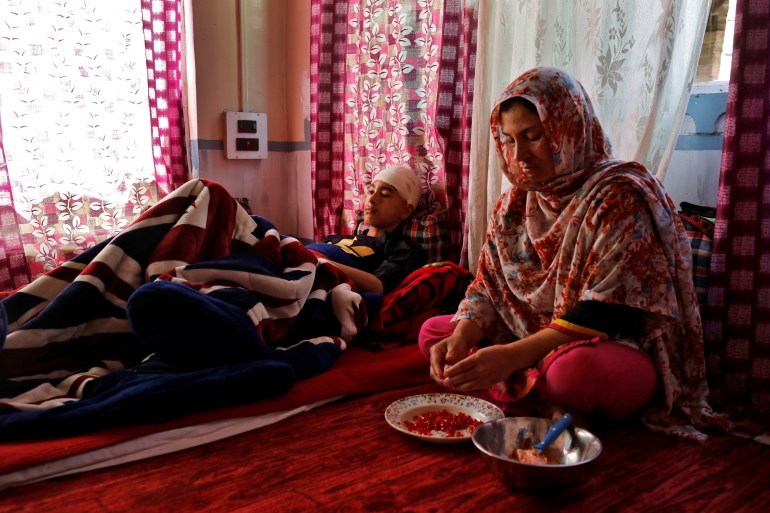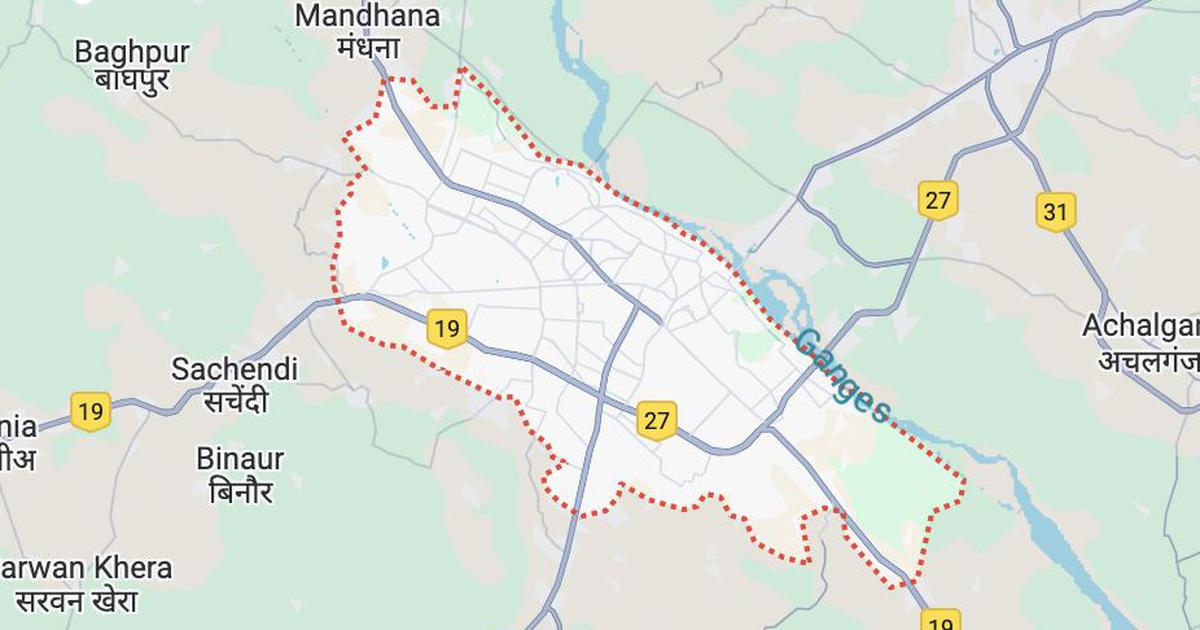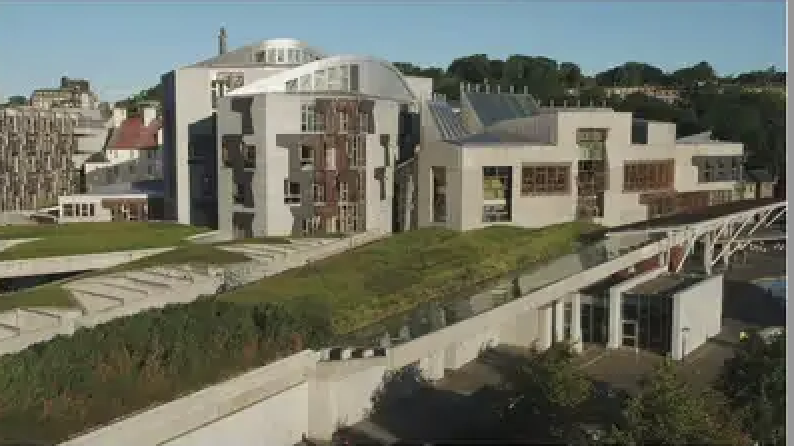
“I call upon the government to take preventive measures to protect children, including by ending the use of pellets against children, ensuring that children are not associated in any way to security forces, and endorsing the Safe Schools Declaration and the Vancouver Principles,” he said in the UN Report on Children 2021 (PDF).
“A total of 39 children (33 boys, 6 girls) were killed (9) and maimed (30) by pellet guns (11) and torture (2) by unidentified perpetrators (13) (including resulting from explosive remnants of war (7), crossfire between unidentified armed groups and Indian security forces (3), crossfire between unidentified armed groups, and grenade attacks (3), Indian security forces (13), and crossfire and shelling across the Line of Control (13),” said the UN report, referring to the de facto border that divides Kashmir region between India and Pakistan.
 Kashmiri teenager Irshad, 15, who was injured by pellets fired by Indian forces, with his mother at their home in Srinagar [File: Danish Siddiqui/Reuters]
Kashmiri teenager Irshad, 15, who was injured by pellets fired by Indian forces, with his mother at their home in Srinagar [File: Danish Siddiqui/Reuters]The UN report said at least seven schools were used by the Indian security forces for months. It added that four children were detained by the Indian forces in Indian-administered Kashmir for their alleged association with the armed groups.
“I am alarmed at the detention and torture of children and concerned by the military use of schools,” Guterres said.
The UN chief said he welcomed the positive engagement of the Indian government with the UN’s special representative to implement preventive and accountability measures.
 Shahida Begum says her 18-month-old daughter was hit by pellets [File: Muzamil Bhat/Al Jazeera]
Shahida Begum says her 18-month-old daughter was hit by pellets [File: Muzamil Bhat/Al Jazeera]“I urge the (Indian) government to ensure that children are detained as a measure of last resort and for the shortest appropriate period of time, and to prevent all forms of ill-treatment in detention,” he said.
“I also urge the (Indian) government to ensure the implementation of the Juvenile Justice (Care and Protection of Children) Act, 2015 to address the use of children for illegal activities and the situation of detained children.”
Indian security forces and police have extensively used shotgun pellets to subdue Kashmiri protesters, many of them young men and teenagers.
Many victims were children, some as young as 19-month-old Hiba Nasir, who was injured while sitting in her mother’s lap in November 2018 in a southern Kashmir village.
Meanwhile, Pakistan has called on the UN Security Council to take immediate action to protect children in conflict zones, particularly in Indian-administered Kashmir, media reports said on Wednesday.
In a written statement to the UN, Munir Akram, Pakistan’s permanent representative to the global body, said Indian forces have been deliberately targeting children with pellet guns, Pakistan’s Dawn newspaper said.
“The scale and intensity of today’s conflicts is stretching our capacity to protect children,” he said.
“Nowhere is this grim reality starker than in today’s IOJK. More than 300 innocent Kashmiris, including women and children, were killed in fake encounters and staged cordon-and-search operations.”
IOJK refers to “Indian-occupied Jammu and Kashmir”, as the Pakistani establishment calls the region administered by India.
Kashmir, a Muslim-majority Himalayan region, is held by India and Pakistan in parts and claimed by both in full. Since they were partitioned in 1947, the two nuclear powers have fought two of their three full-scale wars over Kashmir.
Some Kashmiri groups on the Indian side have been fighting for an independent state or unification with Pakistan.
According to several human rights organisations, tens of thousands of people have died since an armed rebellion against Indian rule began in the region three decades ago.
This article first appeared on aljazeera.com






